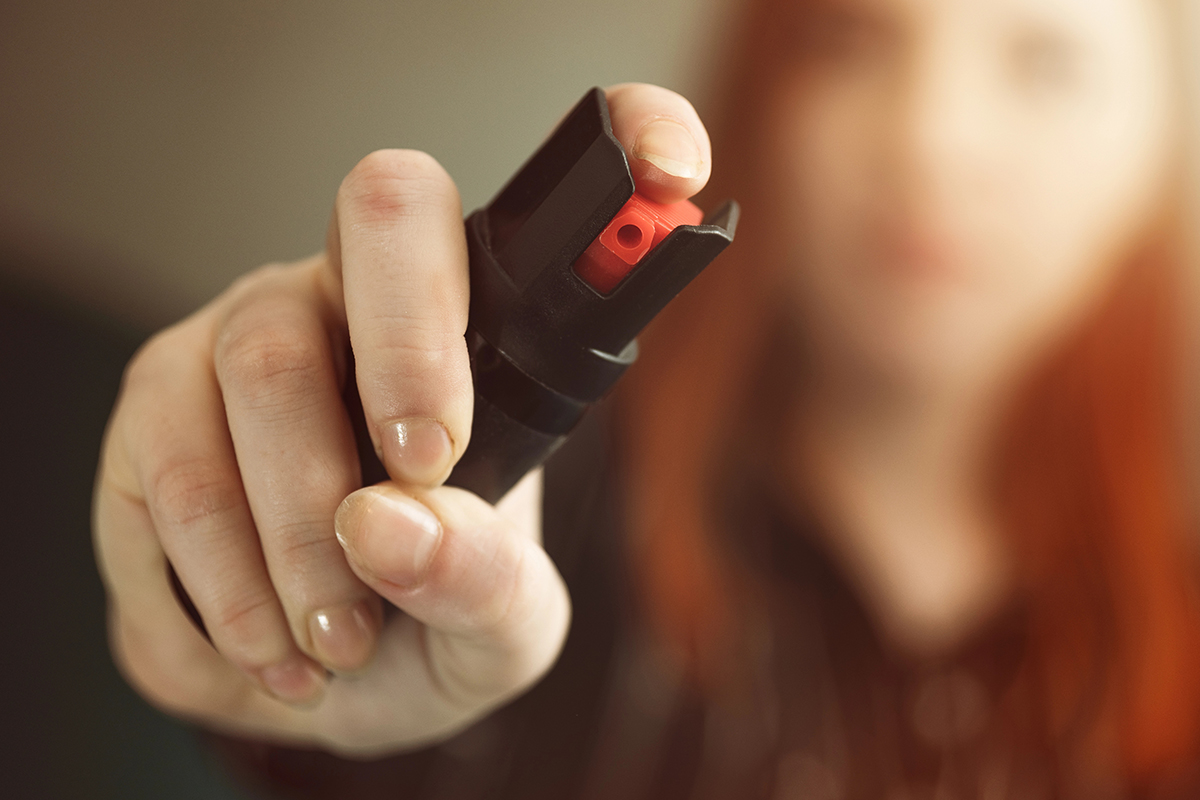Recent Articles
Border Searches of Electronic Devices: What are Your Charter Rights at the Canadian-U.S. Border
Facing a border search of your phone or laptop can feel invasive. Learn what the law actually allows, when officers need grounds, and how your Charter rights apply when entering Canada from the U.S. Our defence lawyers explain your rights and how to protect them.
What the ‘Reverse Onus’ Bail Change Means for Your Freedom in Canada
Reverse onus bail laws shift the burden onto the accused to justify release. Learn how these changes affect bail hearings in Canada, what Crown must still prove, and how experienced defence lawyers can protect your freedom at the earliest stage.
Are F*ck Trudeau Flags & Signs Legal in Canada
“F*ck Trudeau” flags and signs raise questions about freedom of expression in Canada. While offensive, they are generally protected under the Charter unless crossing into hate speech or threats. Our defence lawyers explain the limits of expression and defend your rights in these cases.
Can You be Extradited from Canada?
Extradition from Canada is possible if another country requests it under a treaty or legal agreement. The process involves strict rules and safeguards, but it can still lead to removal. Our defence lawyers explain your rights and fight to protect you if you face extradition proceedings.
Is It a Crime to Deface The Canadian Flag
Defacing the Canadian flag can lead to criminal charges under laws protecting public order and respect for national symbols. Penalties may include fines or imprisonment. Our defence lawyers explain the law, your rights, and provide strong representation if you are facing these allegations.
“Disclosure” in Criminal Law: Why It Matters
Disclosure is a key part of Canada’s criminal justice system. The Crown must share all evidence with the defence, whether it helps or hurts the case. Full disclosure ensures a fair trial. Our defence lawyers fight to secure every detail and use it to protect your rights and build your case.
Canada’s Criminal Court Process
Canada’s criminal court process can be complex, from arrest and bail hearings to trial and sentencing. Each stage has strict rules and serious consequences. Our defence lawyers guide you through the system, protect your rights, and build the strongest case for your defence.
Lawyer Salary in Canada – Updated 2025
Wondering how much lawyers make in Canada? Salaries vary by province, experience, and area of practice. From entry-level associates to seasoned partners, learn what to expect and how a legal career can pay off. Explore salary trends and insights into the Canadian legal industry.
Can I travel if there is a warrant for my arrest?
If there's a warrant for your arrest, traveling—especially internationally—can lead to detainment at borders or airports. Warrants are often flagged in security databases. Speak with a lawyer before making any travel plans to avoid legal complications.
What is a curative discharge?
A curative discharge is a special outcome in Canadian criminal law where someone guilty of impaired driving avoids a criminal record by agreeing to get treatment for alcohol or drug addiction. Learn how it works and if you qualify with help from our experienced defence lawyers.
Explore Areas of Criminal Law
Administration of Justice Offences, Alternative Measures, Arrest Warrants, Assault & Violent Offences, Bail Hearing, Charter Rights, Criminal Appeals, Criminal Driving, Drug Offences, DUI Offences, Featured, Fraud, Hiring a Criminal Lawyer, Offences Against Public Order, Pardons and Record Suspension, Post Charge Processes, Property Offences, Sentencing, Sexual Offences, Theft, Traffic Tickets, Trends & Statistics, Weapon Offences, Youth Criminal Offences














